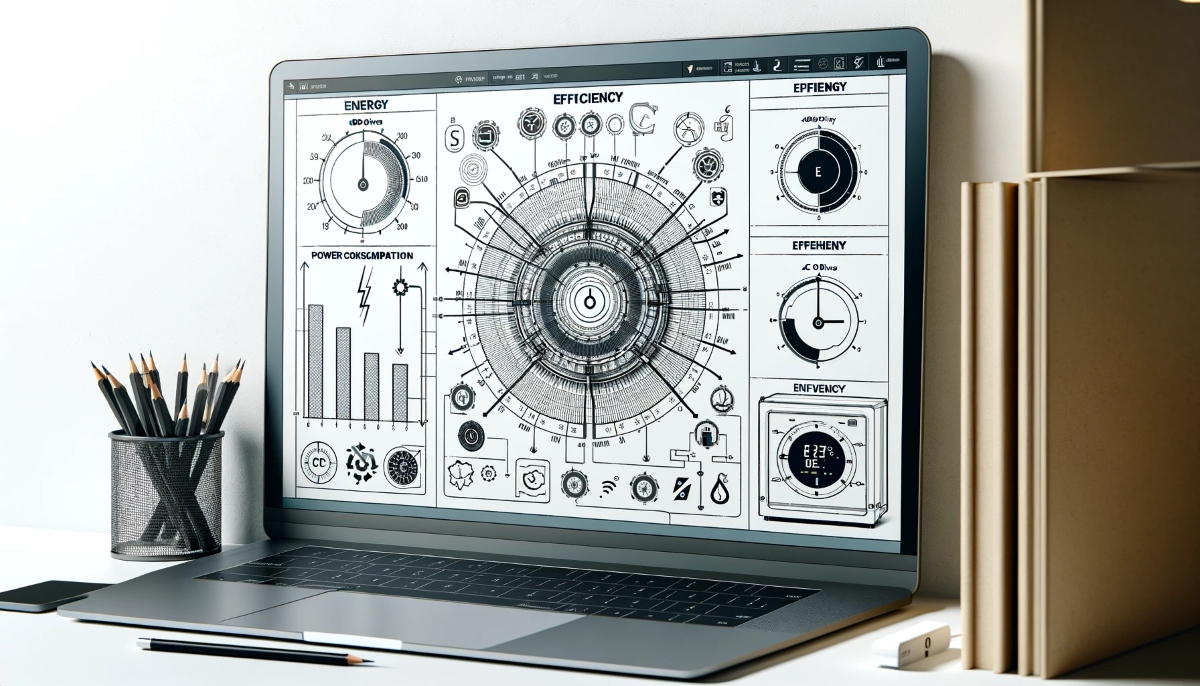How energy-efficient are DC drives?

Hello DC Control friends,
DC drives are generally less energy-efficient compared to AC drives, especially when operating under partial load conditions. The main factors that contribute to the lower efficiency in DC drives include:
Friction Losses: DC motors often have brushes that create friction, resulting in energy loss.
Voltage Drops: The use of commutators in DC motors can lead to voltage drops and energy losses.
Cooling Needs: DC motors may require additional cooling mechanisms, which consume extra power.
Maintenance: Brushes and commutators wear out over time, affecting efficiency until replaced.
However, DC drives do offer high starting torque and better speed control, which might be more crucial for certain applications. They can also be more efficient in small, specialized applications or those requiring very high torque at low speeds.
With advancements in technology, the efficiency gap between AC and DC drives is closing, but AC drives are generally preferred for applications where energy efficiency is a primary concern.
While the use of DC drives in industry (at least at high power levels) has diminished, they are still widely found. Below, we have attempted to answer the most frequently asked questions about DC drives from our visitors.
- What are the operating principles of DC drives?
- What are the different types of DC drives?
- What are the key differences between DC drives and AC drives?
- What are the typical applications for DC drives?
- How energy-efficient are DC drives?
- What are the control methods used in DC drives?
- What type of DC drive is most suitable for a specific DC motor?
- What are the most common problems and solutions associated with DC drives?
- What are the power ranges used in DC drives?
- What additional components are used alongside DC drives?
- What are the advantages and disadvantages of DC drives?
- How do I choose a DC drive?
- How scalable are DC drives?
- Is integration between a DC drive and a PLC possible?
- What are the lifespan and maintenance requirements for DC drives?
- What safety features are included in DC drives?
- How is the dynamic response in DC drives?
- What feedback options are available in DC drives?
- What types of protection mechanisms are used in DC drives?
- What types of sensors can be used with DC drives?
These questions generally also encompass the types of queries that many people may have about DC drives. Each user or student will have their own unique question or interpretation depending on the specific situation or application. The answers provided are not binding and are not definitive. "You are welcome to share the article above as long as you cite it as the source." 05.2019
Your shopping cart is empty!
